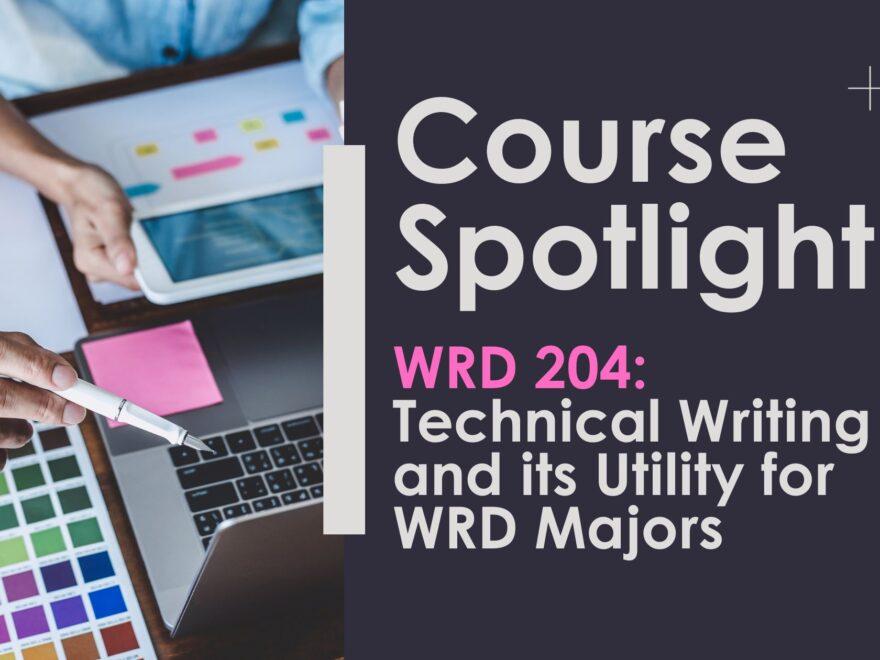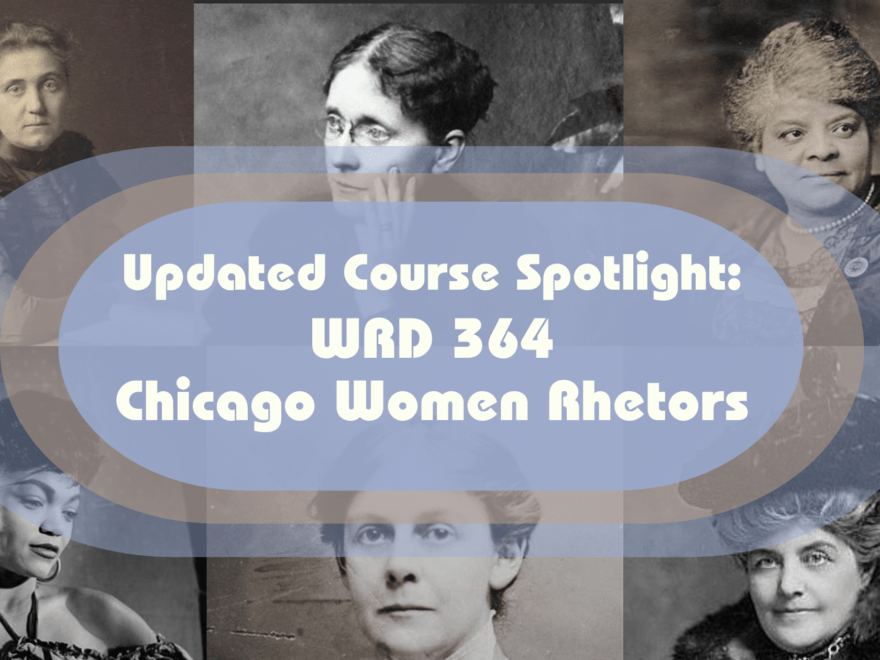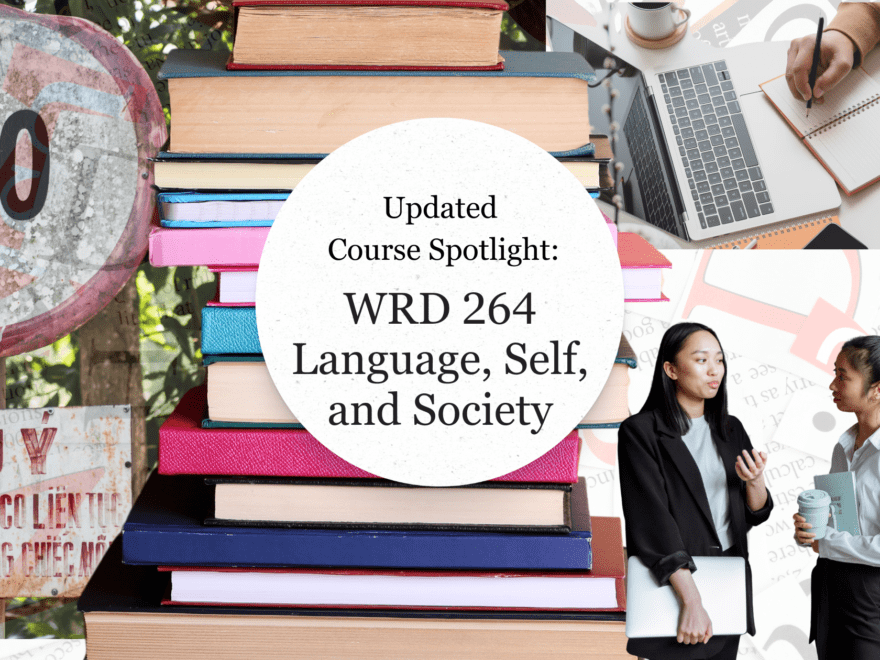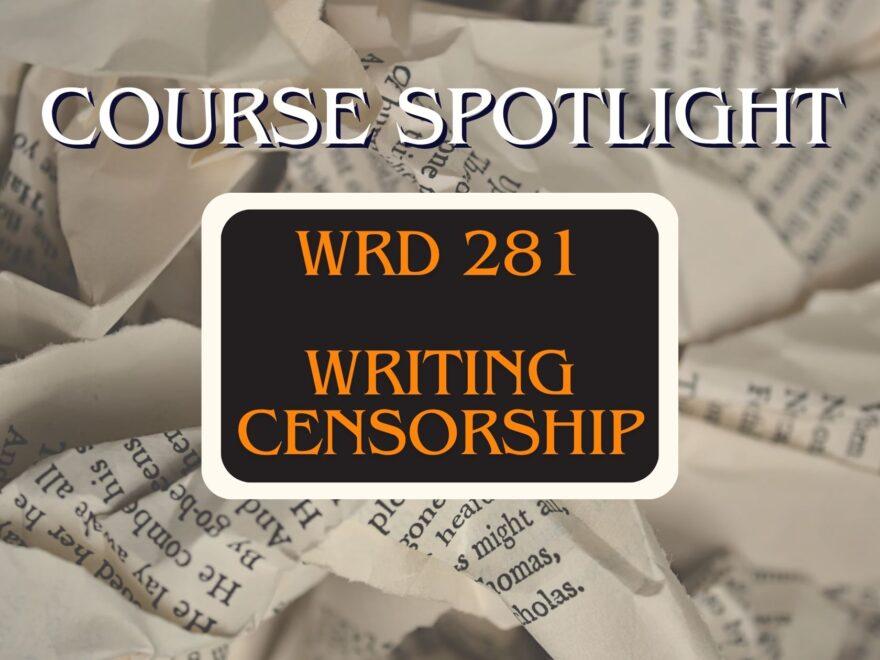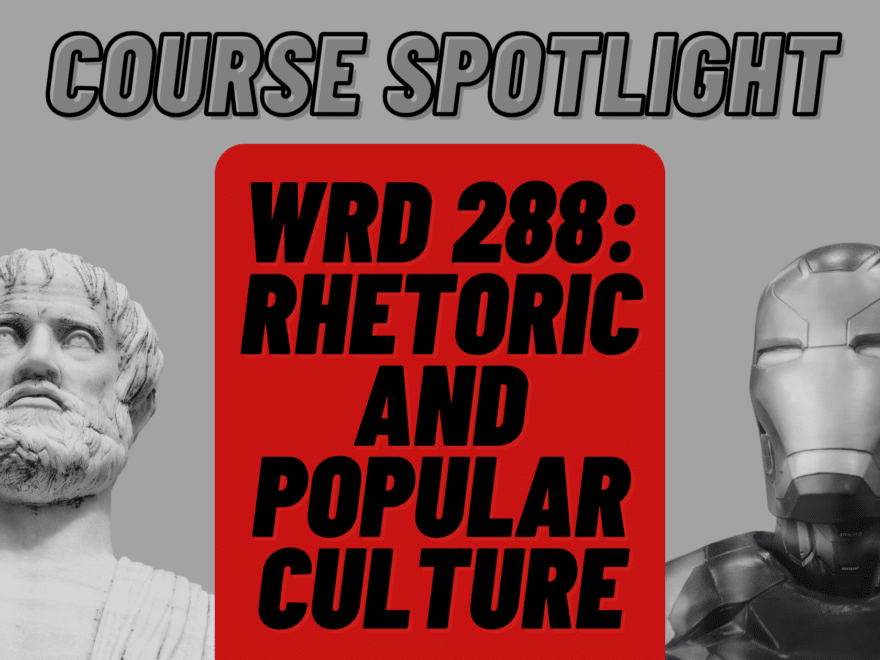This Autumn Quarter, WRD 204 Technical Writing is returning to help students learn how to develop documents for technical workplaces. Taught in person at both the Lincoln Park and Loop campuses, or as an online asynchronous course, WRD 204 is sure to fit into your schedule and provide useful knowledge. I interviewed Professor Allison Pelletier, who teaches an online async iteration of the course, to learn more about WRD 204 and what it offers—especially for WRD majors. I also checked in with two WRD majors, Amber Corkey and Jillian Muncaster, to share their perspectives as to how the course benefitted
Continue reading